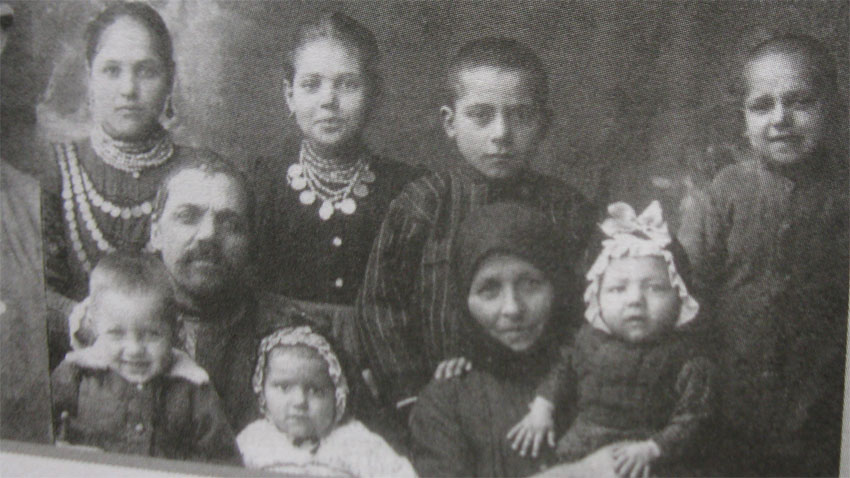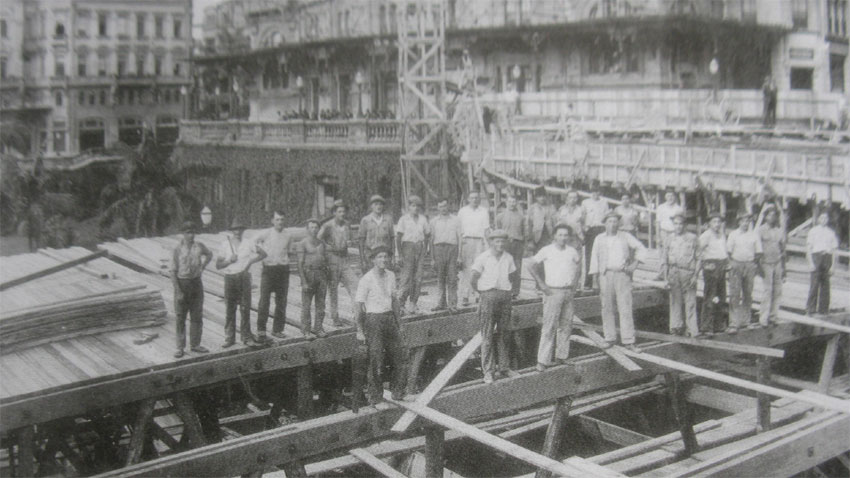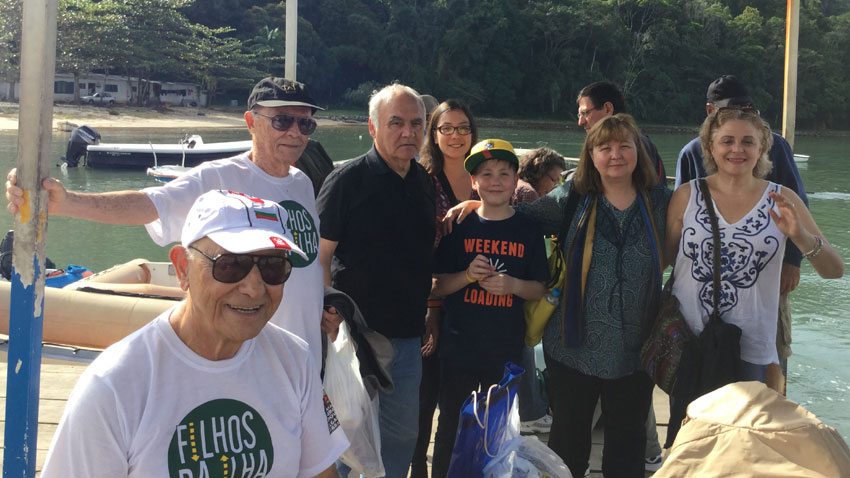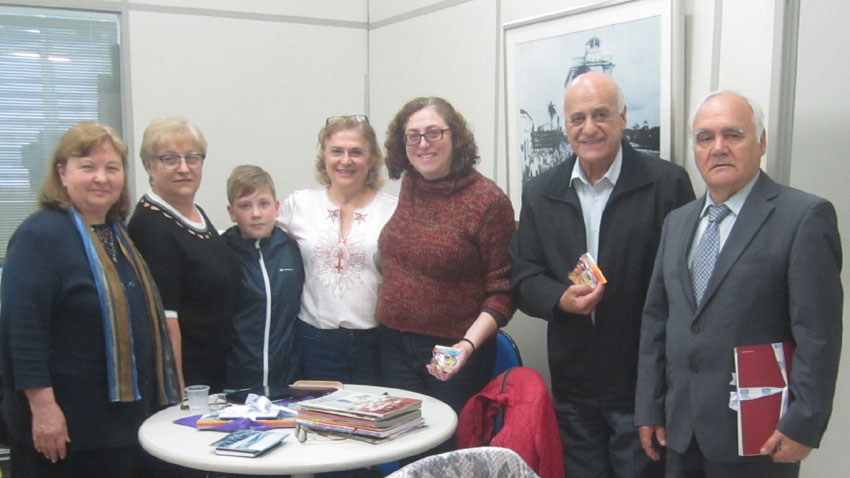During the 20s of the 20th century more than 10,000 Bessarabian Bulgarians moved from Romania to Brazil. These were people from villages all across Bessarabia. They were lured to go by tempting offers and stories that “bread was growing on trees.” There was yet another wave of settlers to Brazil. Brazilian authorities did not have much success attracting settlers from Western Europe and that is why the Brazilians focused on Romania that allowed the campaign to encompass only minorities. The requirement for a visa was for a whole family to leave. Some of the families with one or two children even left with children of their relatives. The first years in Brazil were very hard and many wanted to go back but did not have any money. Gradually, however, they started to adapt. Thanks to their hard labor they found their place in society and saw opportunities for them and their children. These interesting facts were presented at a meeting in the Institute of Ethnology and Folklore Studies with Ethnographic Museum at the Bulgarian Academy of Sciences by Professor Nikolay Chervenkov who told us more about his visit to Brazil with the aim to study the history of Bessarabian Bulgarians there.

“This is an interesting, poorly researched topic. I was a student when a group of over 20 people from Brazil arrived in Bessarabia in the 1960s. But they had made a little mistake. They did not come for a visit but wanted to stay. In those years correspondence with relatives abroad was allowed. The wife of a deputy director of a kolkhoz wrote they had25 tractors, 30 cars, equipment..." Our compatriots in Brazil wondered how wealthy people had become and decided to return selling property in Brazil. But when they returned home, they spent a week and went back to Brazil.”

Later correspondence with people abroad was banned again. The link was restored only after the democratic changes. During the meetings of Prof. Chervenkov with Bessarabian Bulgarians in Brazil, they were eager to know about modern life in Bessarabian villages. Unfortunately, however, young Bessarabian Bulgarians in Brazil have lost their historical memory and this sometimes leads to ridiculous stories:
“Young people have recently started to show interest in their Bulgarian roots. They find documents owned by grandparents, see names of settlements, and instead, for example, in today's Moldovan village of Golitsa, they go to the Bulgarian village with the same name. But in the Bulgarian village nobody has ever heard about Bulgarians who went to Brazil,” Prof. Chervenkovsays.

He explains that after arriving in South America, many Bessarabian Bulgarians made sure their children spoke only in Portuguese in order to adapt more quickly. "Sometimes we think that state power prevents minorities from preserving their historical memory, but reasons can be different," the professor says and adds:
“Our first meeting with Bessarabian Bulgarians took place during the 22nd traditional festival of immigrants in San Paolo, where most of Bessarabian Bulgarians live. In Brazil, much attention is paid to the history and culture of the peoples who have become part of the country's population. Each year, a national minority festival featuring representatives of 50 different ethnic groups takes place.”

Initially, after arriving to Brazil, the Bessarabian Bulgarians joined various Slavic organizations and religious societies. It was only in 1956 that a Bulgarian Bessarabian Cultural Society was established, which exists to this day. Many of the emigrants became Baptists, but the majority remain Orthodox Christians:
“Unlike other peoples, the Bulgarians never built their own church. Although we were in a Russian church of The Holy Trinity, which was said to be mostly built by Bulgarians,” Prof. Chervenkov says. “It gradually became a Russian one, but is not part of the officially recognized Russian church. Priest there is Anatoly Petrenko from Chisinau, Moldova.”
English: Alexander Markov
Photos: archive and private libraryThe Varna Regional Library "Pencho Slaveykov" has acquired a humanoid robot. It was unveiled by the library's director, Radka Kalcheva, during the celebration of the 20th anniversary of the library's American Corner, in the presence of Eric Brasel, the..
1000 participants will take part in the first Burgas Half Marathon, which will take place this Sunday, 24 November. The event will bring together amateurs and professionals of different ages who will compete in three distances - 1 km, 10.5 km and 21 km...
Two graduates of the Bulgarian School "Saints Cyril and Methodius" in Jordan presented their achievements at an event at their school "Hadi al Muhammadi" in Amman. The photo, published on the Bulgarian school's Facebook page , shows third graders..
The village of Zmeyovo near the town of Stara Zagora is celebrating today, December 21, its traditional Festival of Pelin Wine. According to an..
Each piece evokes warmth and nostalgia because each is handmade and unique. The silvery reflections on the glass baubles take us back to childhood, when..
The making of knitted products is a traditional craft that deserves a revival and a new life, believes Alexandrina Pandurska, known for her numerous..

+359 2 9336 661
